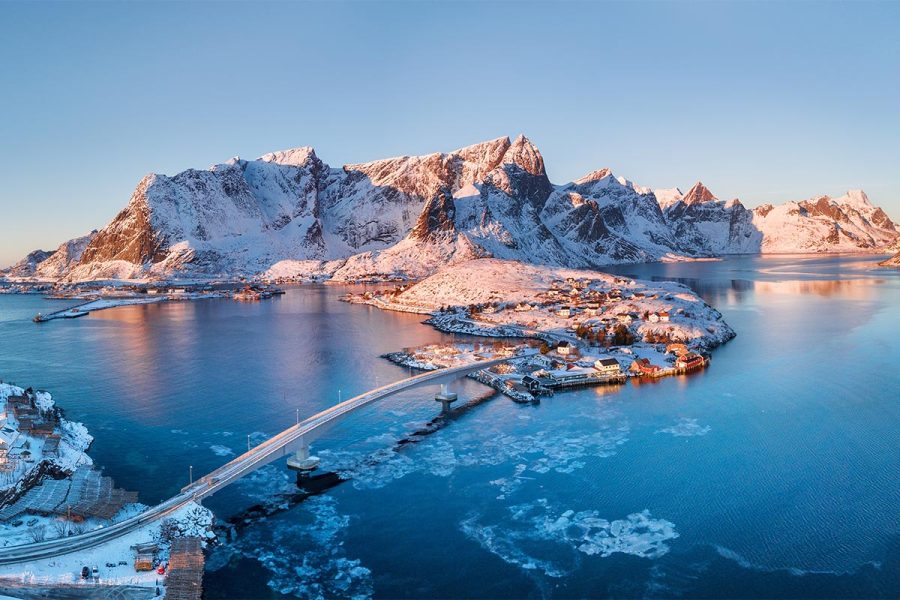Norway is poised to become the world’s first country to embark on deep-sea mining, following the Norwegian Parliament’s approval for mineral exploration in Arctic waters.
This landmark decision opens up approximately 108,000 square miles of the Arctic seabed for exploration, an area larger than the United Kingdom, located between Norway and Greenland.

The exploration process will mirror Norway’s approach to oil and gas, with specifics like taxation to be discussed at a later stage. This initiative marks a significant move towards commercial deep-sea excavation.
The deep seabed, one of the last untouched habitats on Earth, is rich in resources vital for the green economy. These include copper, cobalt, zinc, and gold, essential for everything from wind turbines to batteries for electric vehicles.
Norway’s decision to explore these resources could be a game-changer for the global economy, especially in the push towards sustainable and renewable energy sources. However, it also brings forth debates on environmental impact and the preservation of these pristine marine ecosystems.
